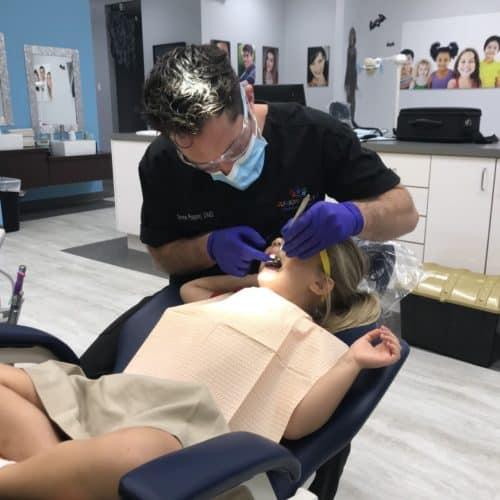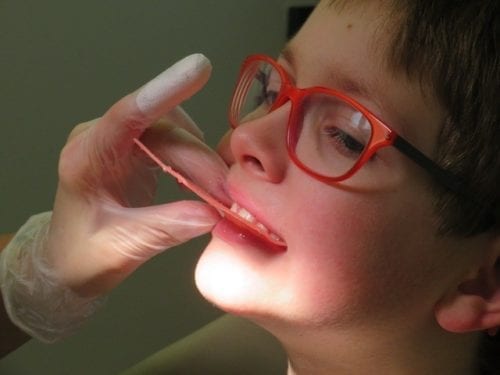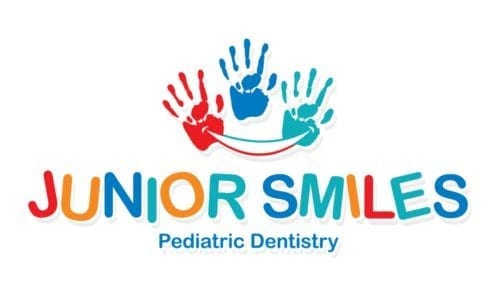From the moment your child’s first tooth erupts, it means it’s time to focus on dental hygiene, mamas! Ages 6 to 12, when there is the transition from baby to adult teeth are especially crucial. I’m all about making our lives a little easier through this blog, So, here’s a handy Boca Raton dental checklist I came up with Dr. Drew Popper of Junior Smiles to ensure you don’t miss a single dental appointment or detail during your child’s important growing years. Think of it as the A-B-C’s of healthy teeth!
-
B is for Baby Teeth Cleaning
Monitor the hygiene of your child’s first baby teeth by using a small washcloth to rub their teeth clean. Don’t worry about using fluoride toothpaste until your dentist recommends—usually after six months old.
Establishing a good relationship between your pediatric dentist and your child is essential. The first check-up happens around the age of one, and your child can get to know their dentist. You can also get professional consultation and tips for dental hygiene.
-
Fluoride Treatments
Kids need the right balance of fluoride. An imbalance will alter a tooth’s molecular structure.
-
D is for Dental Flossing
It is okay for young children to floss, as long as you teach them how to do it properly. Assist them with floss the first few times until they make it a habit.

-
M is for Mouthwash
At around ages 7-8, your child can perform mouth-washing with guidance, as long as they do not swallow it. Use only the amounts recommended by your dentist and oversee them initially through this step.
-
C is for Checking for the arrangement of teeth
If caught early on, the structure and formation of your kid’s teeth can be straightened. If there any problems, such as overgrowth, an overbite, or an overlap, the dentist can recommend any necessary procedures in time.
-
B is for Braces or Retainers
Solutions for crooked teeth may be able to wait until the adult ones come in. In cases of severe crowding, earlier treatment may be necessary.
-
Mouth-guards
If your child is actively playing any sports with physical contact or fast moving objects, it is recommended they wear a mouth-guard. While the teeth are constantly changing, a mouth-guard can be remolded as teeth fall out and new ones come in.

-
R is for Regular check-ups
Even though your child’s teeth may be perfectly normal, dental check-ups should be done at least every six months. This helps keep your dentist aware of growing teeth. And, if any procedures are to be done, they can monitor the success rate.
Dr. Popper believes in guiding your child through each of these milestones in a positive way. Make each visit to the dentist happen with as little stress as possible! Have fun with special occasions like a loss of a tooth, and P.S. make sure the Tooth Fairy never misses a visit!



